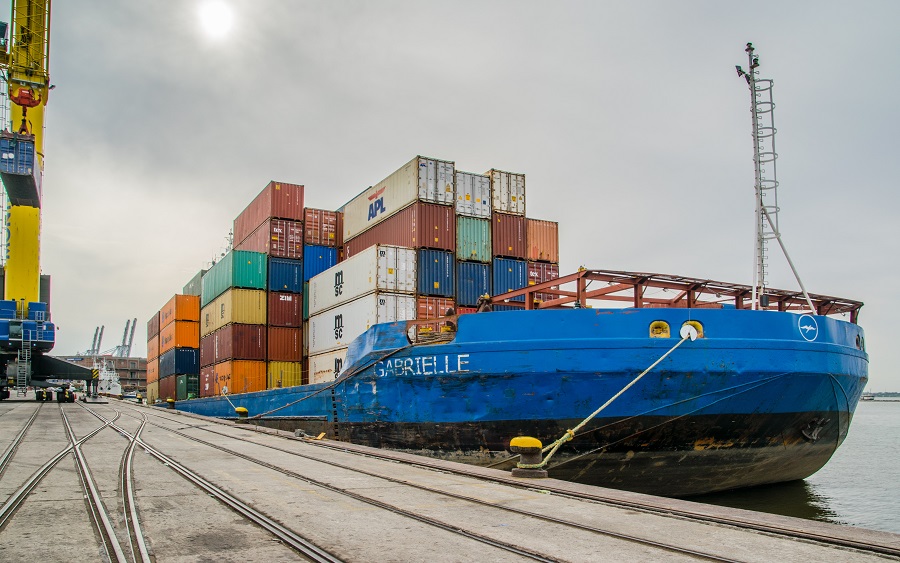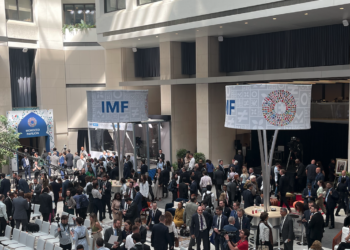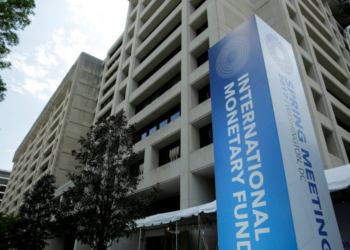International Monetary Fund (IMF) has warned that soaring shipping costs could worsen global inflation.
This was disclosed in an IMF blog post titled “How Soaring Shipping Costs Raise Prices Around the World”.
The sea accounts for more than 80% of the world’s commodities transport, the majority of which are packed into 40-foot-long steel containers that are stacked by the thousands atop some of the world’s largest ships.
What IMF is saying
The cost of shipping a container on the world’s transoceanic trade routes soared sevenfold in the 18 months after March 2020, according to the IMF, while the cost of carrying bulk commodities increased even more.
“ Our new research shows that the inflationary impact of those higher costs is poised to keep building through the end of this year. Our analysis predates the war in Ukraine but isn’t isolated from it: the conflict will likely exacerbate global inflation,” IMF said.
The IMF studied data from 143 countries over the past 30 years, and found that shipping costs are an important driver of inflation around the world:
IMF said, “When freight rates double, inflation picks up by about 0.7 percentage point. Most importantly, the effects are quite persistent, peaking after a year and lasting up to 18 months. This implies that the increase in shipping costs observed in 2021 could increase inflation by about 1.5 percentage points in 2022.”
The Washington based lenders said a strong monetary policy stance could mitigate inflation.
It said, “a strong and credible monetary policy framework can play a role in mitigating the second-round effects from import prices and inflation. Our analysis shows that keeping inflation expectations well-anchored is key to containing the effect of soaring shipping costs on consumer prices, particularly core measures that exclude fuel and food.”




















